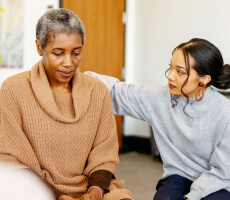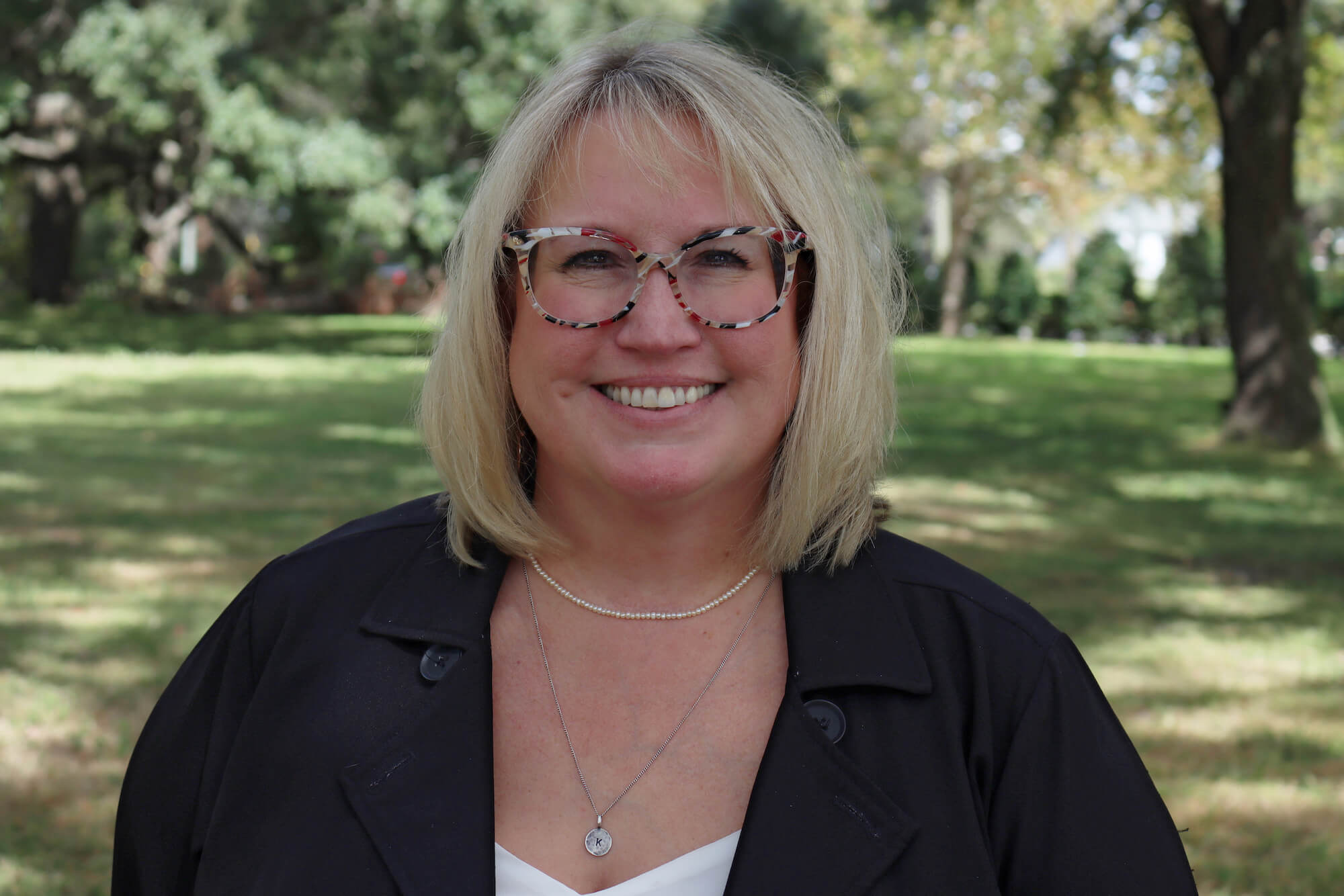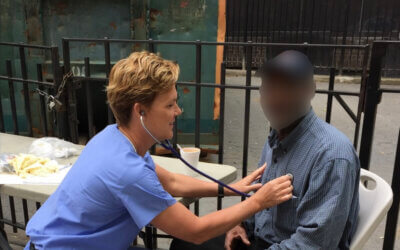Supporting Mental Health in the LGBTQ+ Community
In celebration of Pride Month, Licensed Social Worker Kristen Hopper sheds light on the specific mental health issues the LGBTQ+ community experiences.

Mental health is a crucial aspect of overall well-being, and the LGBTQ+ community faces unique challenges that can significantly impact their mental health. Understanding these challenges and providing appropriate support can make a profound difference in the lives of LGBTQ+ individuals.
Challenges Faced by the LGBTQ+ Community
Societal Stigma and Discrimination
LGBTQ+ individuals often face societal stigma and discrimination, leading to feelings of isolation, low self-esteem and depression. The fear of being judged or rejected can exacerbate mental health issues and discourage individuals from seeking help.
Family Rejection
Family support is vital for mental health, but many LGBTQ+ individuals experience rejection from their families, leading to feelings of abandonment and loneliness. This lack of support can increase the risk of mental health problems and negatively affect overall well-being.
Bullying and Harassment
Bullying and harassment in schools and workplaces are prevalent issues for many LGBTQ+ individuals. This persistent stress can lead to anxiety, depression and even suicidal thoughts. Creating safe and inclusive environments is essential to combat this problem.
The Coming Out Process
The process of coming out and finding acceptance can be stressful and emotionally draining. LGBTQ+ individuals may struggle with internalized homophobia or transphobia, adding to their mental health burden. Supportive environments and communities can help ease this journey.
Mental Health Statistics
According to a 2023 National Survey on LGBTQ+ Youth Mental Health:
- 41 percent of LGBTQ+ youth seriously considered attempting suicide in the past year. LGBTQ+ youth are four times more likely to attempt suicide compared to their non-LGBTQ+ peers.
- A majority of LGBTQ+ youth reported being verbally harassed at school because people thought they were LGBTQ+.
- Fewer than 40 percent of LGBTQ+ youth found their home to be LGBTQ+ affirming.
- Fifty-six percent of LGBTQ+ youth who wanted mental healthcare in the past year were not able to get it.
Additionally:
- Nearly half of transgender adults have reported considering suicide in their lifetime.
- Higher rates of depression, anxiety and substance use are observed in the LGBTQ+ community. However, strong social support and affirming environments can dramatically improve mental health outcomes.
Resources and Support
Here are some organizations that provide support, education and advocacy for LGBTQ+ individuals and their families:
- PFLAG: Provides support, education and advocacy for LGBTQ+ individuals and their families.
- GLAAD: Works to accelerate acceptance and ensure fair representation of LGBTQ+ people in the media.
- It Gets Better Project: Shares stories and provides resources to empower LGBTQ+ youth.
- Human Rights Campaign (HRC): Offers information regarding mental health statistics and available resources.
- The Center Orlando: Promotes and empowers the LGBT+ community and its allies through advocacy, information, and support.
- Zebra Youth: Provides high-quality, culturally appropriate programs for homeless and at-risk LGBTQ+ youth, including affordable housing, mental health services, proactive youth support and community education.
Strategies for Support
Create Safe Spaces
Promote inclusivity and respect in all environments, including schools, workplaces and communities. Implementing anti-discrimination policies and training programs can foster understanding and acceptance.
Educate and Show Support
Educate yourself about LGBTQ+ issues and show unconditional support and acceptance. Listen without judgment and offer emotional support during difficult times.
Promote Mental Well-being
Engage in activities that promote mental well-being, such as exercise, meditation and hobbies. Connect with supportive communities, either in person or online, to share experiences and seek advice.
Professional Support
Seek out mental health professionals who specialize in LGBTQ+ issues. Personalized counseling can address specific mental health concerns such as depression, anxiety, trauma, stress and relationship dynamics.
Addressing mental health within the LGBTQ+ community is essential for fostering overall well-being. By understanding the unique challenges they face and providing appropriate support and resources, we can help create a more inclusive and supportive environment for all.
At Chapters Health Centers for Wellbeing, we offer a range of therapy services specifically designed to support the LGBTQ+ community, including personalized counseling to address specific mental health concerns. If you or someone you know is looking for mental health services, please call our team at 866.280.9355.
Keep Exploring
















